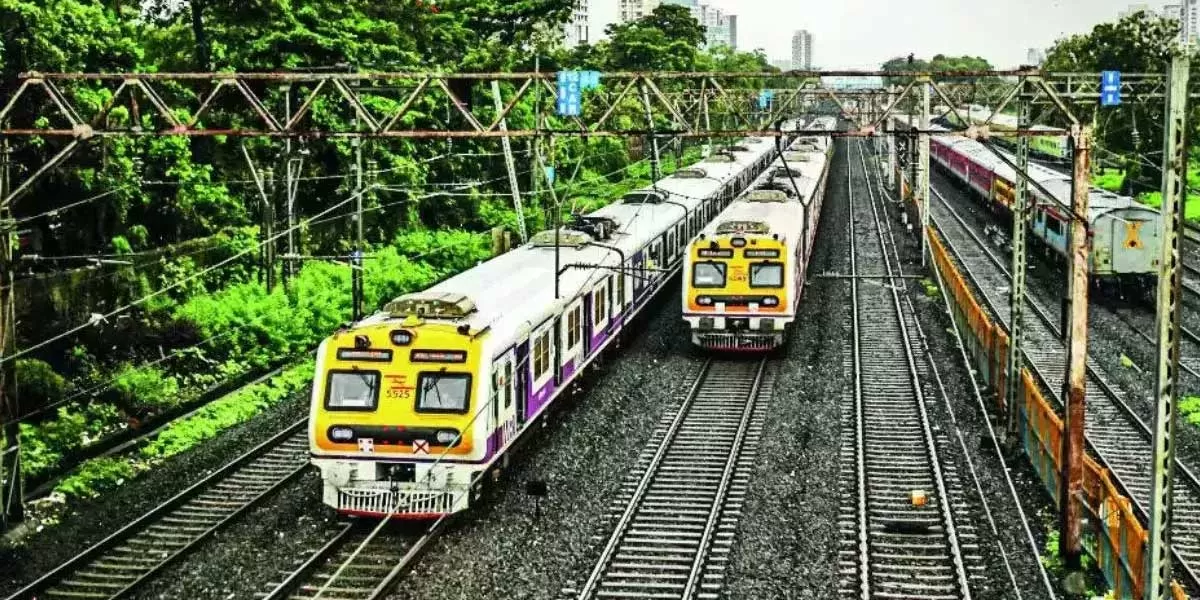

India to Form Consortium, Launch Bharat Shipping Line to Boost Trade Ties
India plans to establish a consortium involving equity participation by public sector enterprises to bid for operating overseas port asset. The stakeholders in this entity, tentatively named Bharat Global, will include the Indian Port Rail & Ropeway Corporation, Sagarmala Development Company, and the Shipping Corporation of India (SCI). A senior official remarked, “The consortium will replicate the Chabahar port model in other strategic locations.” India also plans to operationalise Bharat Container Shipping Line as a vertical within SCI to mitigate global trade disruptions. The move ali..

NTPC Group Reaches 350 BU Mark in 295 Days, 11 Days Before FY24
NTPC Group has set a new record in power generation, achieving 350 Billion Units (BU) of electricity production in the financial year 2024-25. This milestone was reached on January 20, 2025, marking the fastest accomplishment of this scale in the company’s history. It was achieved in just 295 days, which is 11 days earlier than the same milestone achieved in the previous financial year on January 31, 2024. The company boasts an installed capacity of 76.5 GW and has 29.5 GW of capacity under construction. This includes 9.6 GW of renewable energy projects, highlighting NTPC's focus on clean e..

Indian Railways Collaborates with Sparsh CCTV for Station Security
Sparsh CCTV, a leader in electronic surveillance, has teamed up with Indian Railways to enhance security and operational efficiency for the newly inaugurated Jammu Railway Division. This partnership coincides with the launch of three new trains, marking a historic step in improving connectivity between Kashmir and the rest of India. Sparsh CCTV previously played a key role in securing the Maha Kumbh at Prayagraj, ensuring the safety of millions of pilgrims. Sparsh’s comprehensive surveillance solutions have been vital in the success of the Udhampur-Srinagar-Baramulla Rail Link (USBRL), a pr..














